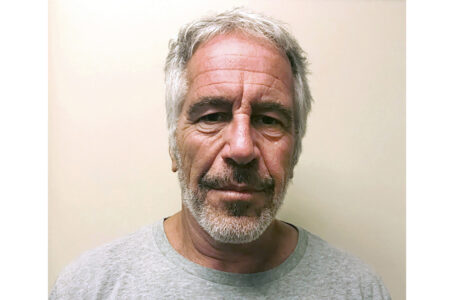Tue. 1:01 p.m.: Supreme Court won’t take case prompted by Flint water crisis
WASHINGTON (AP) — The Supreme Court has declined to take a case stemming from the 2014 water crisis in Flint, Michigan.
Approximately 25,000 people have sued over the crisis, in which a change in the source of the city’s water resulted in lead contamination.
The case the justices turned away without comment today involves a lawsuit against the city and water regulators, most of whom were responsible for making sure federal clean water laws were followed. The lawsuit claims the officials failed to protect residents from a foreseeable risk of harm from exposure to lead. The lawsuit and others like it claim that the public has a constitutional right to “bodily integrity” that was violated.
The city and officials have argued they should be immune from being sued, but lower courts have disagreed.
The lawsuit and others like it are expected to go forward in lower courts.
The Supreme Court also today refused to get involved in a dispute about judges’ authority to order the disclosure of secret grand jury material in rare circumstances.
The court turned away an appeal from an 82-year-old researcher who is seeking grand jury records from the late 1950s.
The justices’ order does not affect an ongoing court battle over House Democrats’ quest for access to grand jury materials from special counsel Robert Mueller’s investigation. The Mueller grand jury fight turns on the House’s argument that it is entitled to the records as part of President Donald Trump’s impeachment inquiry, which it contends is a judicial proceeding. Rules that govern the federal courts specifically allow disclosure for a judicial proceeding.
The issue in the case that the justices rejected is whether federal judges have authority on their own to make exceptions to grand jury secrecy in some instances, including when a case is of great historical interest.
That’s the situation in the case of Stuart McKeever, who has spent 40 years investigating the disappearance of a critic of the longtime Dominican Republic dictator Rafael Trujillo. McKeever is seeking records of a Washington, D.C., grand jury that investigated Jesus de Galindez’s disappearance in the late 1950s.
A federal judge sided with McKeever, but a panel of the federal appeals court in Washington divided 2-1 in ruling that judges have no authority, outside of specific exceptions, to release grand jury records. Appeals courts in New York, Chicago and Atlanta have ruled that judges do have the power to order disclosure.






